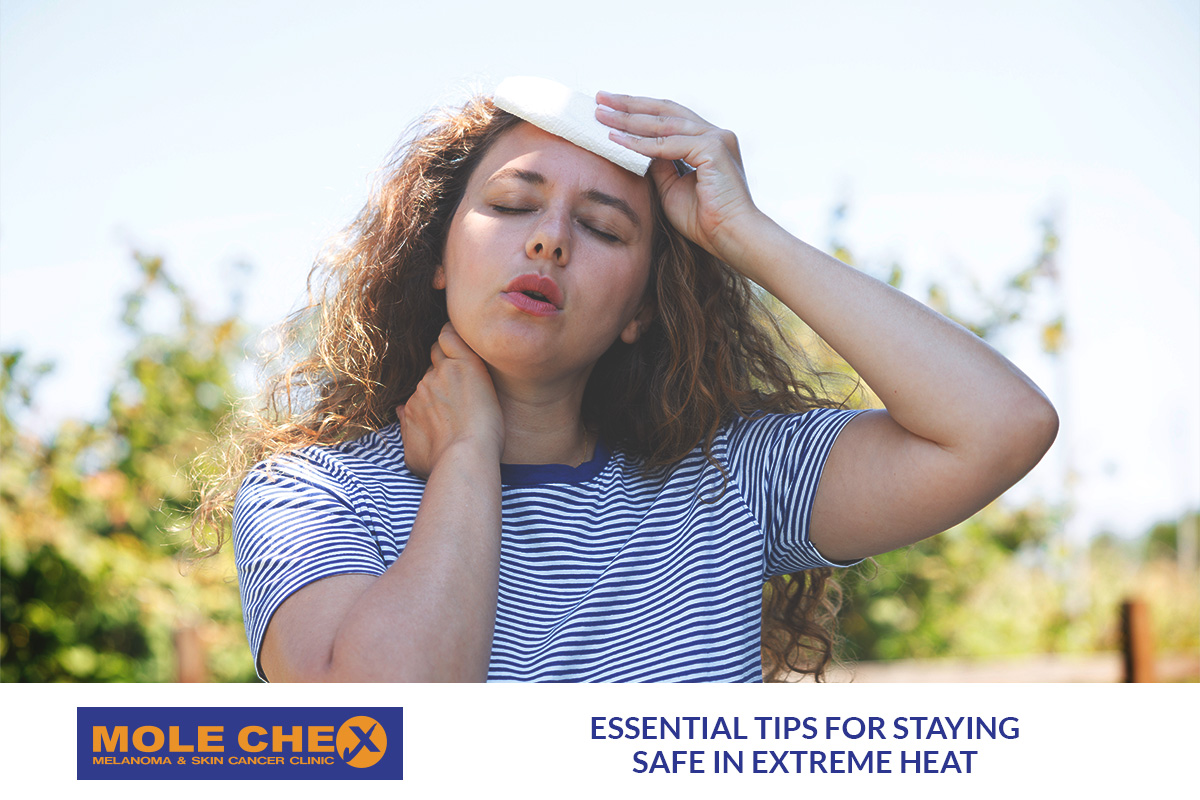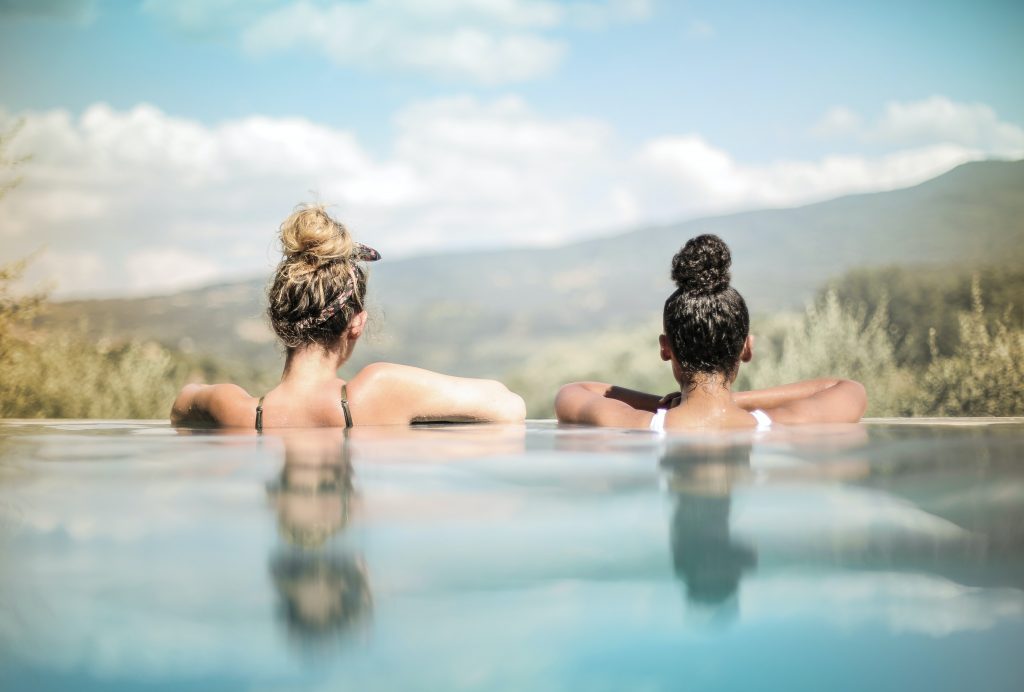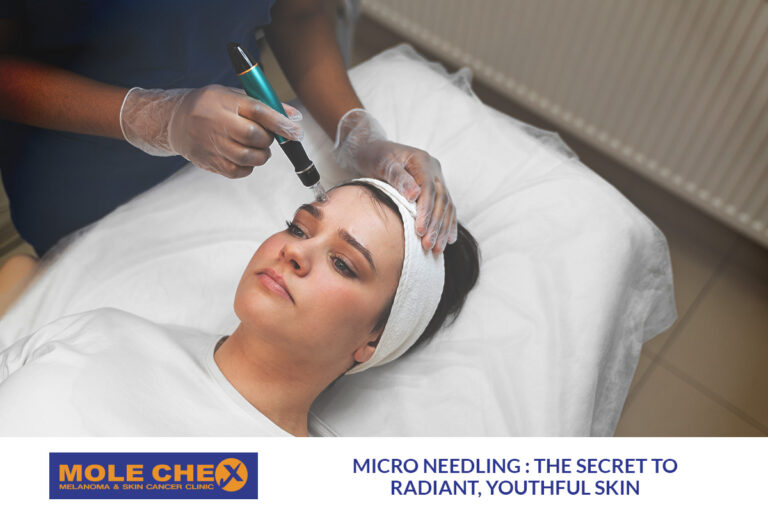Heatwave Care: Essential Tips for Staying Safe

Australia’s summers are known for their beautiful sunny days, but they also bring intense heatwaves that can be challenging to handle. Heatwaves, which are extended periods of extremely hot weather, can pose serious health risks if we are not prepared. From staying hydrated to avoiding sunburn, taking the right steps can help you stay healthy, comfortable, and safe when temperatures soar. Here’s a complete guide to self-care during a heatwave.
Understanding the Risks of a Heatwave
Heatwaves are more than just uncomfortable—they can be dangerous. Prolonged exposure to high temperatures increases the risk of heat exhaustion, heatstroke, and other heat-related illnesses. During a heatwave, the body struggles to cool itself, particularly when the air is humid, and dehydration can quickly set in. Knowing how to stay safe in extreme heat can make all the difference.
Stay Hydrated
Staying hydrated is one of the most critical steps you can take during a heatwave. Your body loses water through sweat, so you need to drink more than usual to replace what’s lost.
- Drink Plenty of Water: Aim to drink small amounts of water throughout the day, even if you are not thirsty. Experts recommend carrying a water bottle with you as a reminder to drink frequently.
- Avoid Dehydrating Drinks: Alcohol, coffee, and other caffeinated drinks can dehydrate the body, so it is best to limit them during extreme heat.
- Opt for Electrolytes if Needed: If you are sweating a lot, consider drinking electrolyte-rich fluids to replenish essential minerals and prevent dehydration.
Stay Indoors During Peak Heat Hours
Avoiding the outdoors during the hottest parts of the day, typically between 11 am and 3 pm, can help reduce the risk of overheating.
- Seek Out Air-Conditioned Spaces: If possible, stay in air-conditioned areas to keep your body cool. If you do not have air conditioning at home, consider visiting shopping centres, libraries, or community centres during peak heat hours.
- Use Fans Strategically: Fans can be helpful, especially when combined with cool, damp towels. Place a bowl of ice water in front of a fan to create a cooling effect in your space.
Wear Light, Breathable Clothing
What you wear can make a significant difference in managing your body temperature. The right clothing helps keep you cool and protects your skin from sun exposure.
- Choose Light-Coloured, Loose Clothing: Light, loose-fitting clothes allow air circulation and prevent heat from getting trapped close to the skin. Natural fibres like cotton and linen are breathable options.
- Cover Up to Protect Skin: Long sleeves and pants in breathable fabrics can keep skin protected from the sun’s rays, which is especially important during extreme UV periods.
Protect Your Skin from Sun Damage
Protecting your skin from UV radiation is vital during a heatwave, as the sun’s rays are often at their strongest.
- Apply Broad-Spectrum Sunscreen: Use a high SPF (30 or higher) broad-spectrum sunscreen that protects against both UVA and UVB rays. Apply generously to all exposed skin, including the face, ears, and neck, and reapply every two hours or after swimming.
- Wear a Wide-Brimmed Hat and Sunglasses: A wide-brimmed hat can shield your face, neck, and shoulders, and UV-blocking sunglasses protect your eyes.
- Find Shade When Outdoors: Seek out shady areas when you need to be outside, and carry an umbrella or sunshade if you will be in direct sunlight for prolonged periods.
Avoid Strenuous Activities
Intense physical activities can increase your risk of heat-related illness by raising your body temperature.
- Limit Exercise During Peak Heat: Try to schedule workouts, outdoor sports, or heavy-duty tasks for early in the morning or later in the evening when it is cooler.
- Take Regular Breaks: If you must be active, take frequent breaks in a cool or shaded area. Hydrate often and listen to your body’s signals—if you feel dizzy or overly hot, it is time to stop.
Look Out for Vulnerable Individuals
Certain groups are more susceptible to heat-related illnesses, including young children, older adults, and individuals with chronic health conditions.
- Check in on Family and Neighbours: Make sure those around you are coping well with the heat, especially if they live alone or do not have air conditioning.
- Be Cautious with Infants and Young Children: Keep children indoors during peak heat and ensure they are drinking plenty of water. Infants in prams or car seats can overheat quickly, so avoid covering prams with blankets and ensure ventilation.
Recognise the Signs of Heat-Related Illness
Knowing the symptoms of heat-related illness can help you act quickly if you or someone else starts to experience problems.
- Heat Exhaustion Symptoms: Look for heavy sweating, weakness, cold or clammy skin, fainting, nausea, or muscle cramps. Move to a cool place, hydrate, and rest if you notice these signs.
- Heatstroke Symptoms: Heatstroke is a medical emergency and requires immediate attention. Symptoms include confusion, slurred speech, high body temperature, rapid breathing, and a lack of sweating. Call emergency services if you suspect heatstroke and move the person to a cooler area.
Create a Heatwave Preparedness Plan
Having a plan in place for heatwaves can make it easier to stay safe and comfortable.
- Identify Cool Places Nearby: Know where you can go if your home becomes too hot, such as friends’ homes or public air-conditioned spaces.
- Stock Up on Essentials: Keep water, cooling cloths, and a supply of electrolyte drinks on hand. Having a few backup items can make a big difference if the heatwave lasts several days.
- Be Informed: Stay updated on weather forecasts and heatwave warnings through reliable sources like the Bureau of Meteorology. Knowing what to expect can help you prepare in advance.
Conclusion: Take Heatwave Safety Seriously
With Australia’s intense summers, preparing for a heatwave is essential for your health and well-being. By staying hydrated, dressing appropriately, limiting exposure to direct sunlight, and recognising the signs of heat-related illness, you can safely enjoy the season without compromising your health. Remember to check in on those around you, particularly vulnerable individuals, to ensure they are also staying safe during high temperatures. At Molechex, we are committed to helping you protect your skin and overall health. If you have concerns about heat-related skin issues or need advice on maintaining skin health in the sun, our team is here to provide professional guidance. Stay safe, stay cool, and enjoy the season with peace of mind.
Learn more by reading other articles :




